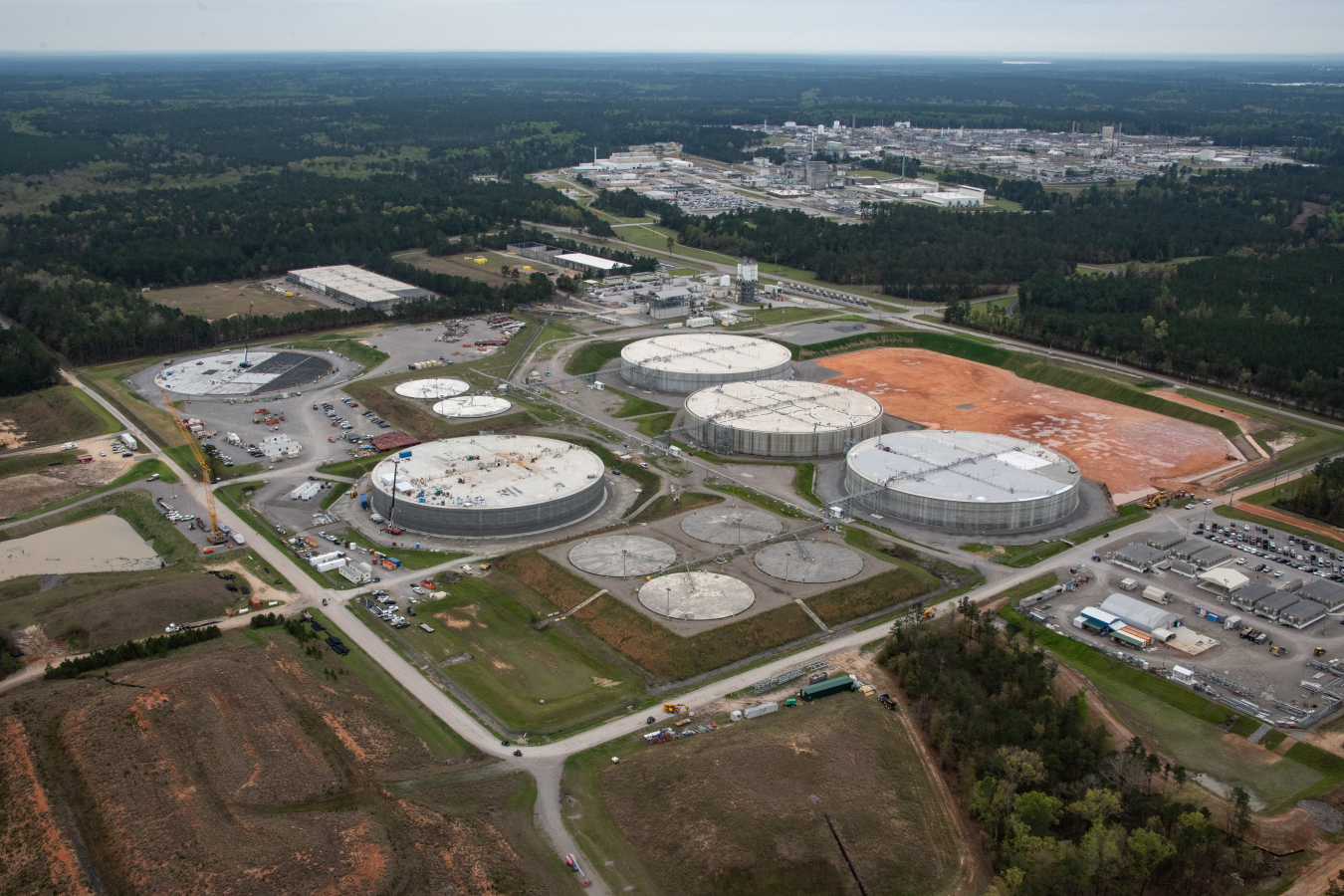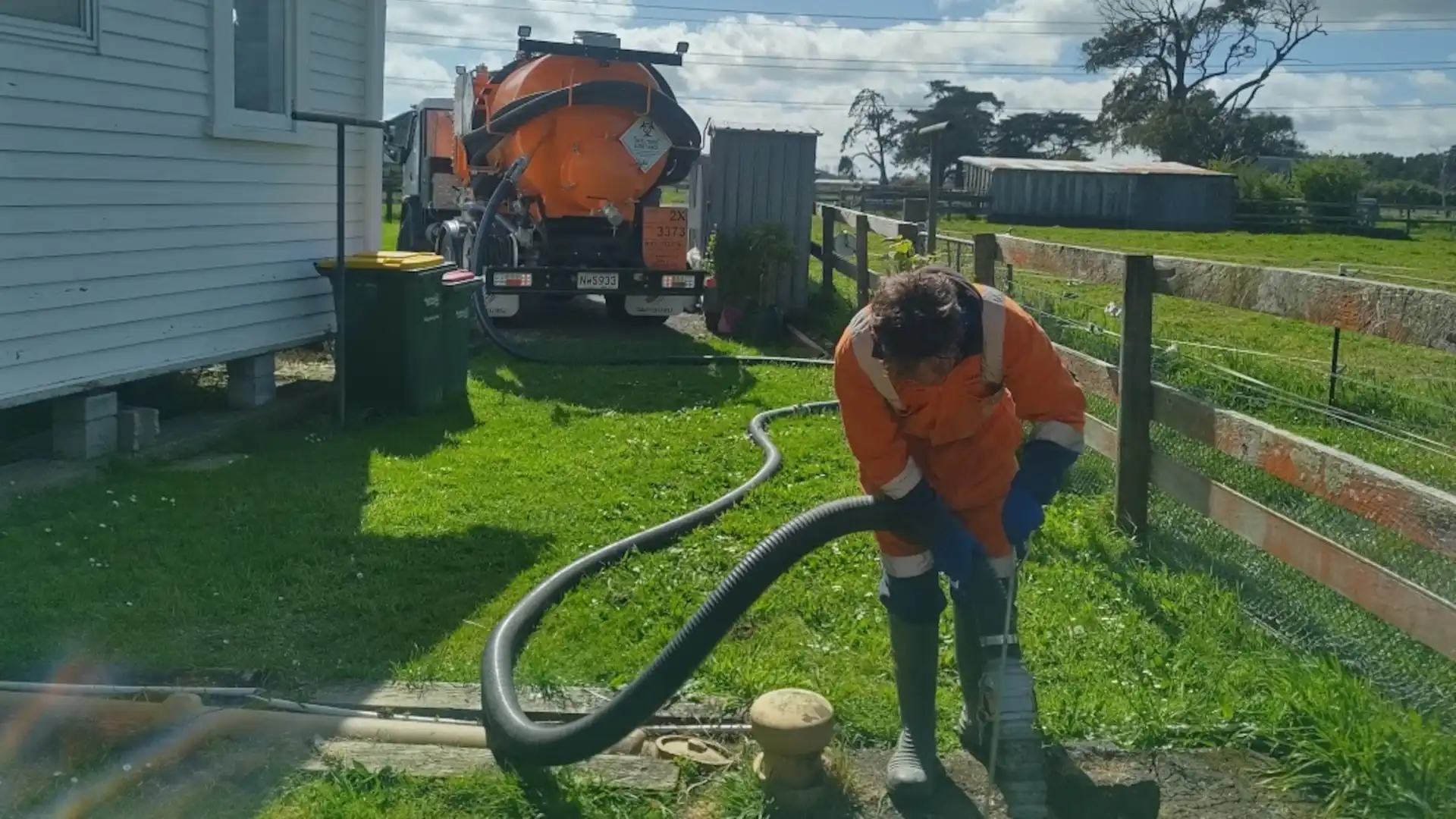Understanding the Comprehensive Refine of Liquid Garbage Disposal: Finest Practices and Environmental Effect Factors To Consider
The administration of fluid waste disposal is a complex concern that needs a thorough understanding of numerous best methods and their connected ecological impacts. From the types of fluid waste produced to the approaches utilized for collection, therapy, and last disposal, each action plays a critical duty in protecting ecosystems and public health and wellness.
Sorts Of Liquid Waste
Comprehending the numerous sorts of fluid waste is important for reliable administration and disposal methods. Liquid waste can be broadly classified into several kinds, each requiring one-of-a-kind handling and treatment techniques.
Industrial fluid waste frequently consists of hazardous materials, consisting of hefty steels, solvents, and chemicals, generated during making processes. These wastes require strict regulatory compliance to safeguard human health and the setting. Domestic liquid waste largely describes wastewater generated from families, including sewage and greywater, which, although much less toxic, can still posture significant threats if incorrectly managed.
Agricultural liquid waste, consisting of overflow from ranches, often contains fertilizers and pesticides that can bring about environmental destruction otherwise dealt with effectively. Clinical fluid waste, created from medical care centers, consists of infected fluids such as bodily liquids and chemicals, requiring specialized disposal techniques to stop infection and ecological contamination.
Lastly, oil and grease waste, normally produced by restaurants and automotive industries, can cause serious clogs in drain systems if not managed correctly. Understanding these categories facilitates targeted techniques for treatment, conformity with laws, and efficient disposal methods, inevitably advertising environmental sustainability and public health safety and security.

Collection Techniques
Effective collection approaches are critical for the appropriate management of fluid waste, guaranteeing that it is gathered securely and efficiently prior to treatment or disposal. Numerous techniques are used depending upon the kind of fluid waste generated, the quantity, and the specific attributes of the waste.
One common approach is the use of dedicated collection containers or sumps, which are designed to catch fluid waste at the source. These systems usually integrate pumps that promote the transfer of waste to larger storage space containers or treatment facilities. Furthermore, mobile collection units furnished with vacuum modern technology are utilized in scenarios where waste is generated intermittently or in hard-to-reach areas.
For industrial settings, closed-loop systems can successfully minimize leakages and spills, permitting for the recovery and reuse of liquid waste. It is additionally vital to train employees on proper collection protocols to alleviate threats connected with dangerous compounds.
In addition, implementing routine maintenance routines for collection tools makes certain optimal performance and security. The combination of innovative surveillance systems can boost collection efficiency by providing real-time data on waste levels and prospective dangers. Generally, effective collection techniques are foundational to sustainable liquid waste administration methods.
Therapy Processes
Treatment processes play an important function in the administration of liquid waste, transforming potentially dangerous materials into reusable sources or secure effluents - liquid waste disposal. These procedures can be generally classified into physical, chemical, and biological techniques, each tailored to deal with particular contaminants present in the waste stream
Physical therapy techniques, such as sedimentation and filtering, work by removing put on hold solids and particle matter. These techniques are usually the primary step in the treatment chain, effectively reducing the lots on subsequent processes. Chemical therapies include making use of reagents to neutralize harmful materials, precipitate heavy steels, or oxidize organic toxins, consequently enhancing the safety and security of the effluent.
Organic treatment procedures, including triggered sludge systems and anaerobic food digestion, take advantage of the natural abilities of microorganisms to break down raw material. These approaches are particularly look at these guys reliable for wastewater including biodegradable contaminants. Advanced therapy technologies, such as membrane purification and advanced oxidation processes, are increasingly utilized to attain higher levels of purification.
Including a mix of these treatment techniques not just ensures compliance with governing requirements however additionally promotes environmental sustainability by recuperating beneficial pop over to this site sources from liquid waste.
Disposal Options
Exactly how can companies guarantee the safe and responsible disposal of liquid waste? Reliable disposal alternatives are crucial for protecting public wellness and the setting. The key approaches include land disposal, incineration, and treatment followed by discharge into community wastewater systems.
Land disposal includes the cautious containment of liquid waste in assigned garbage dumps, making sure that it does not seep into surrounding soil or water. Incineration, on the other hand, subjects fluid waste to high temperatures, transforming it right into ash and gases, which need correct purification to decrease exhausts. This technique is appropriate for contaminateds materials that can not be treated with conventional ways.
In situations where liquid waste can be treated, companies might go with chemical or biological therapy procedures to counteract unsafe parts prior to discharging the treated effluent into metropolitan systems. This course usually lines up with regulatory needs, making sure that the effluent satisfies safety criteria.
Inevitably, organizations must carry out extensive analyses of each disposal alternative to establish its practicality, thinking about elements such as waste composition, governing conformity, and prospective risks to wellness and the atmosphere. By picking proper disposal methods, organizations can contribute to a liable waste administration strategy.
Ecological Impact
The ecological impact of liquid garbage disposal is an essential consideration for companies seeking to lessen their ecological footprint. Inappropriate disposal techniques can bring about considerable contamination of water resources, soil deterioration, and damaging impacts on neighborhood communities. As an example, dangerous fluids can seep into groundwater, positioning threats to drinking water materials and marine life. Additionally, the discharge of unattended or inadequately treated waste right into surface area waters can lead to eutrophication, causing oxygen depletion and the subsequent death of fish and various other microorganisms.

To reduce these impacts, organizations must adopt ideal techniques such as applying extensive waste treatment processes, advertising recycling and reuse, and sticking to regulative requirements. By taking a proactive approach to fluid waste administration, entities can substantially decrease their environmental impact while sustaining sustainable growth objectives. Eventually, a comprehensive understanding of the ecological effects connected with liquid garbage disposal is vital for informed decision-making and liable stewardship of all-natural resources.
Verdict
Reliable monitoring of liquid waste is critical for protecting ecological honesty and public health. Inevitably, a comprehensive understanding of liquid waste disposal not only alleviates ecological impacts however additionally cultivates a commitment to accountable resource monitoring and ecological stewardship.
The management look at more info of liquid waste disposal is a multifaceted problem that needs a comprehensive understanding of different finest methods and their linked ecological influences. From the kinds of liquid waste produced to the techniques used for collection, therapy, and last disposal, each step plays a vital function in securing ecological communities and public wellness.The ecological effect of liquid waste disposal is a vital consideration for organizations seeking to reduce their environmental footprint. Eventually, a thorough understanding of the environmental impacts associated with fluid waste disposal is essential for informed decision-making and liable stewardship of all-natural sources.
Eventually, an extensive understanding of liquid waste disposal not only minimizes ecological effects however also fosters a dedication to accountable resource management and ecological stewardship.